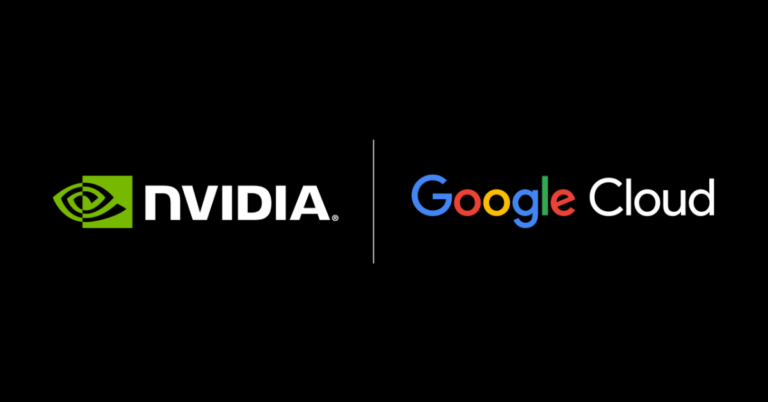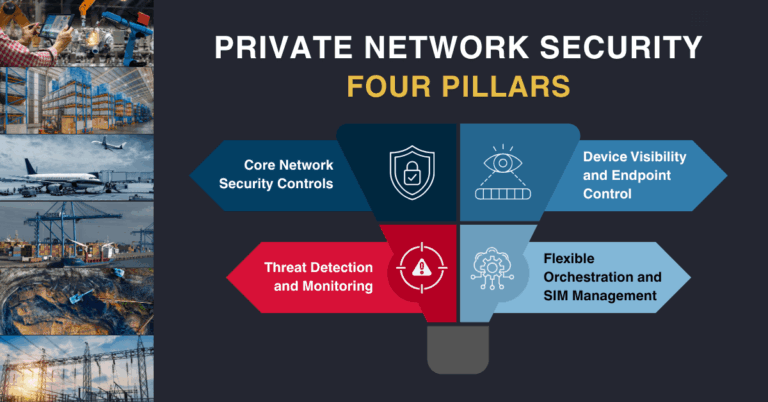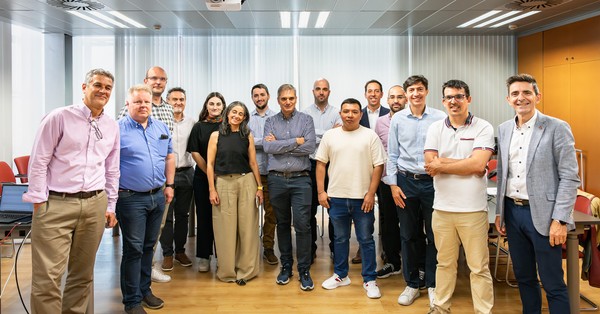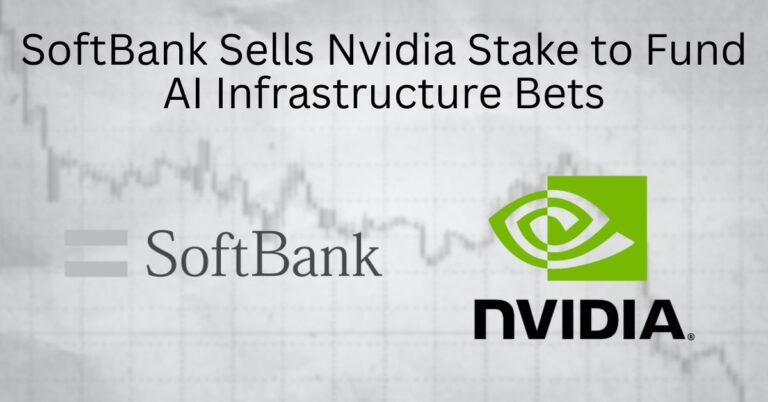NVIDIA and Google Cloud are joining forces to enhance enterprise AI applications by integrating Google Gemini AI models with NVIDIA‘s advanced computing platforms. This collaboration aims to facilitate the deployment of agentic AI locally while ensuring strict compliance with data privacy and regulatory standards.
Enhanced Data Security with NVIDIA and Google Cloud
The partnership centers on the use of NVIDIAs Blackwell HGX and DGX platforms, which are now integrated with Google Clouds distributed infrastructure. This setup allows enterprises to operate Googles powerful Gemini AI models directly within their data centers. A key feature of this integration is NVIDIA Confidential Computing, which provides an additional layer of security by safeguarding sensitive code in the Gemini models against unauthorized access and potential data breaches.
Sachin Gupta, Vice President and General Manager of Infrastructure and Solutions at Google Cloud, emphasized the security and operational benefits of this collaboration. “By deploying our Gemini models on-premises with NVIDIA Blackwells exceptional performance and confidential computing capabilities, were enabling enterprises to leverage the full capabilities of agentic AI in a secure and efficient manner,” Gupta stated.
The Advent of Agentic AI in Enterprise Technology
Agentic AI represents a significant evolution in artificial intelligence technology, offering enhanced problem-solving capabilities over traditional AI models. Unlike conventional AI, which operates based on pre-learned information, agentic AI can reason, adapt, and make autonomous decisions in dynamic settings. For instance, in IT support, an agentic AI system can not only retrieve troubleshooting guides but also diagnose and resolve issues autonomously, escalating complex problems as needed.
In the financial sector, while traditional AI might identify potential fraud based on existing patterns, agentic AI goes a step further by proactively investigating anomalies and taking preemptive actions, such as blocking suspicious transactions or dynamically adjusting fraud detection mechanisms.
Addressing On-Premises Deployment Challenges
The ability to deploy agentic AI models on-premises addresses a critical need for organizations with stringent security or data sovereignty requirements. Until now, these organizations have faced significant challenges in utilizing advanced AI models, which often require integration of diverse data types such as text, images, and code, while still adhering to strict regulatory standards.
With Google Cloud now offering one of the first cloud services that enables confidential computing for agentic AI workloads in any environment, be it cloud, on-premises, or hybrid enterprises, no longer have to compromise between advanced AI capabilities and compliance with security regulations.
Future-Proofing AI Deployments
To further support the deployment of AI, Google Cloud has introduced the GKE Inference Gateway. This new service is designed to optimize AI inference workloads, featuring advanced routing, scalability, and integration with NVIDIA’s Triton Inference Server and NeMo Guardrails. It ensures efficient load balancing, enhanced performance, reduced operational costs, and centralized model security and governance.
Looking forward, Google Cloud plans to improve observability for agentic AI workloads by incorporating NVIDIA Dynamo, an open-source library designed to scale reasoning AI models efficiently across various deployment environments.
These advancements in AI deployment and management were highlighted at the Google Cloud Next conference, where NVIDIA held a special address and provided insights through sessions, demonstrations, and expert discussions.
Through this strategic collaboration, NVIDIA and Google Cloud are setting a new standard for secure, efficient, and scalable agentic AI applications, enabling enterprises to harness the full potential of AI while adhering to necessary security and compliance requirements.








































